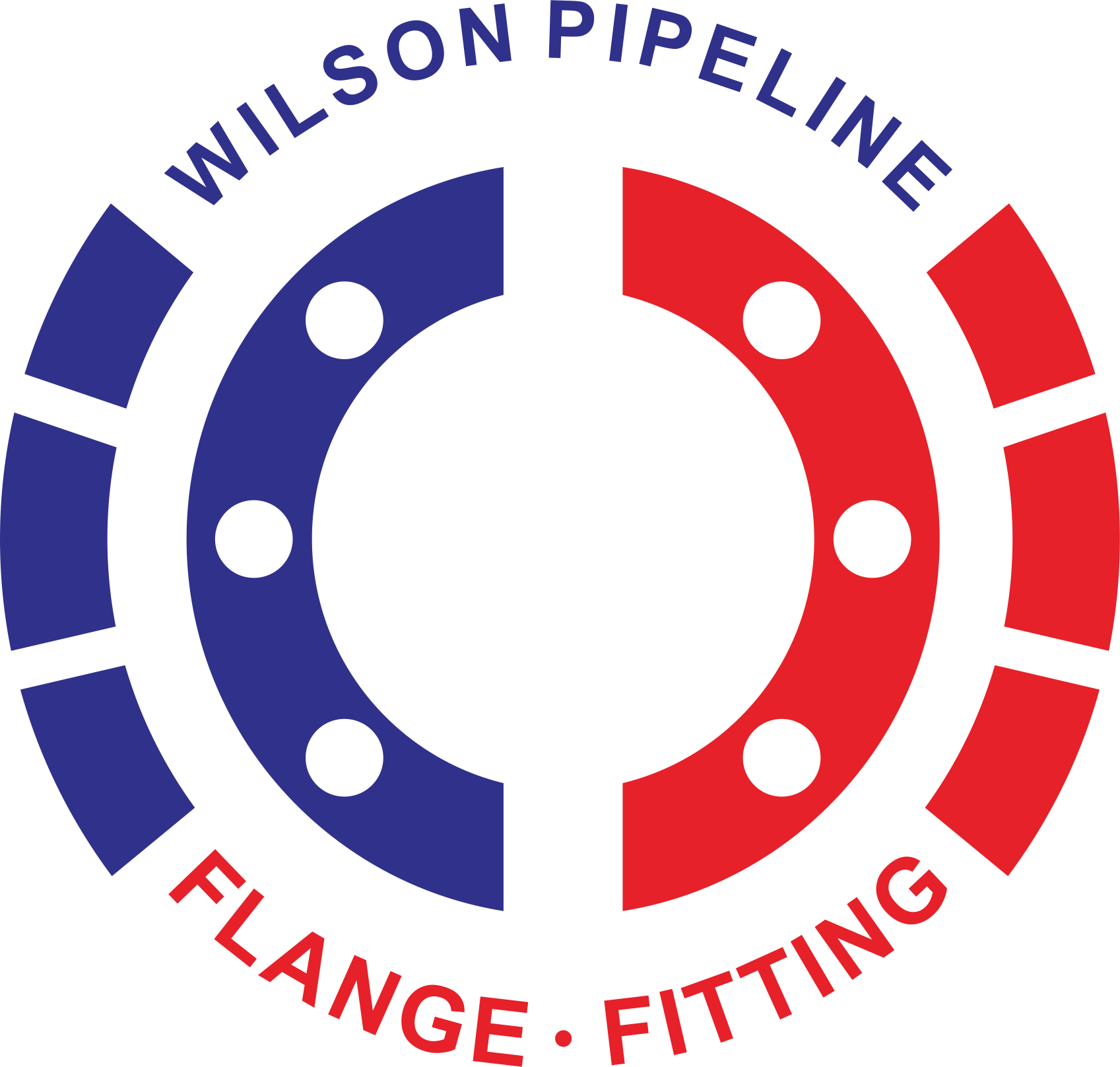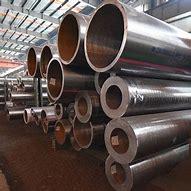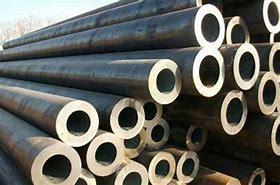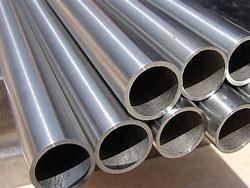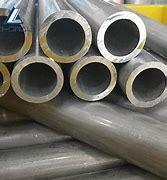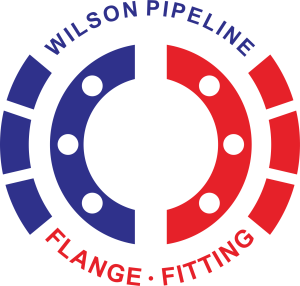
what’s the apply of alloy steel material in pipeline system
Alloy steel is often used in pipeline systems for its superior mechanical properties compared to other types of steel. The alloying elements added to the steel can improve its strength, toughness, and wear resistance. Alloy steel pipes can withstand higher temperatures and pressures, making them suitable for use in high-pressure and high-temperature applications, such as in oil and gas pipelines, chemical processing plants, and power generation facilities.
Alloy steel is also resistant to corrosion and erosion, making it ideal for use in pipelines that transport corrosive or abrasive materials. The addition of chromium, molybdenum, nickel, or other alloying elements to the steel can improve its resistance to corrosion and erosion.
In summary, the use of alloy steel in pipeline systems offers several advantages, including higher strength, better toughness and wear resistance, increased resistance to corrosion and erosion, and suitability for high-temperature and high-pressure applications.
There are several alloy steel grades commonly used in pipeline systems, depending on the specific application and requirements. Some of the most commonly used alloy steel grades in pipeline systems include:
1. ASTM A335 P11, P22, P91: These are low-alloy steels with chromium and molybdenum content, which provide improved high-temperature strength and corrosion resistance.
2. ASTM A312 TP304, TP316: These are austenitic stainless steel grades with high corrosion resistance and good mechanical properties at both low and high temperatures.
3. API 5L X52, X60, X65, X70: These are high-strength low-alloy (HSLA) steels used in oil and gas pipelines. They have a higher carbon content and additional alloying elements such as manganese, silicon, and vanadium, which provide improved strength and toughness.
4. ASTM A333 Gr.6: This is a low-temperature carbon steel grade with added nickel and molybdenum, which provide improved impact toughness at low temperatures.
5. Duplex Stainless Steel (UNS S31803, S32750, S32760): These are corrosion-resistant alloys with a high strength-to-weight ratio, making them suitable for use in pipelines that transport corrosive or abrasive materials.
It’s important to note that the specific alloy steel grade used in a pipeline system will depend on various factors such as the operating conditions, the type of fluid being transported, and the required mechanical properties. The selection of the appropriate alloy steel grade is typically made by the pipeline designer or engineer based on these factors.
